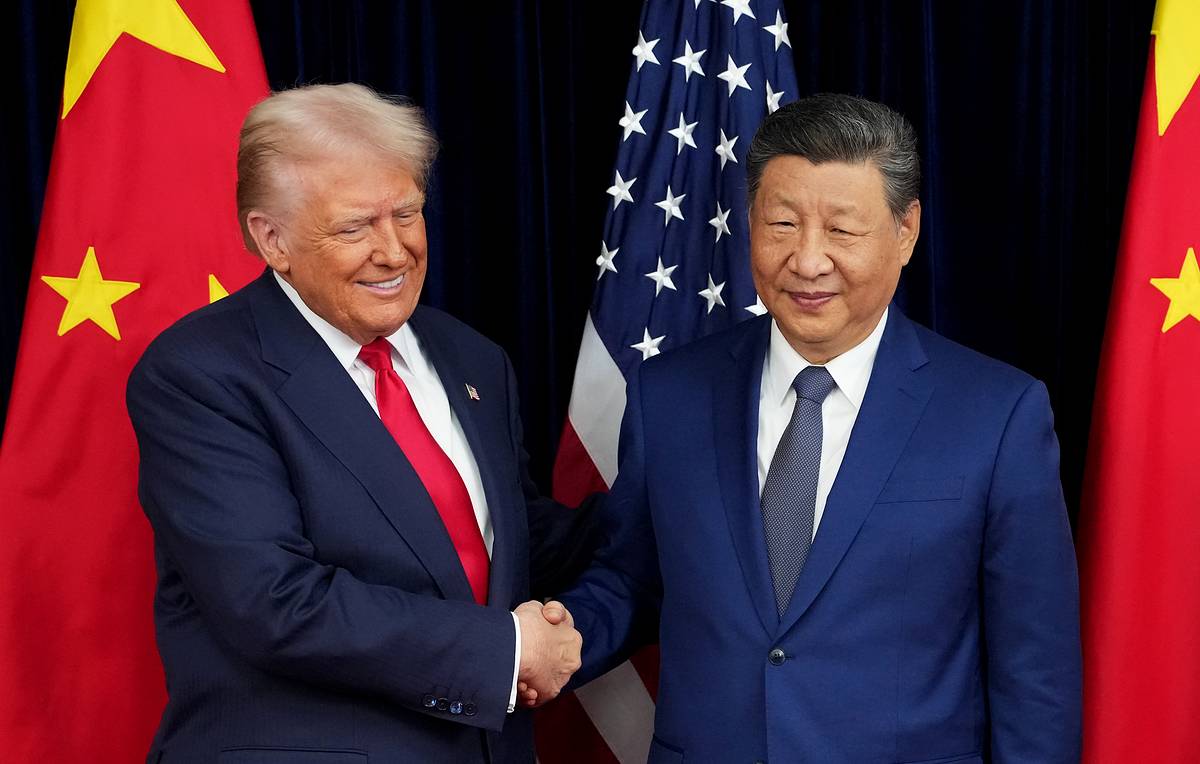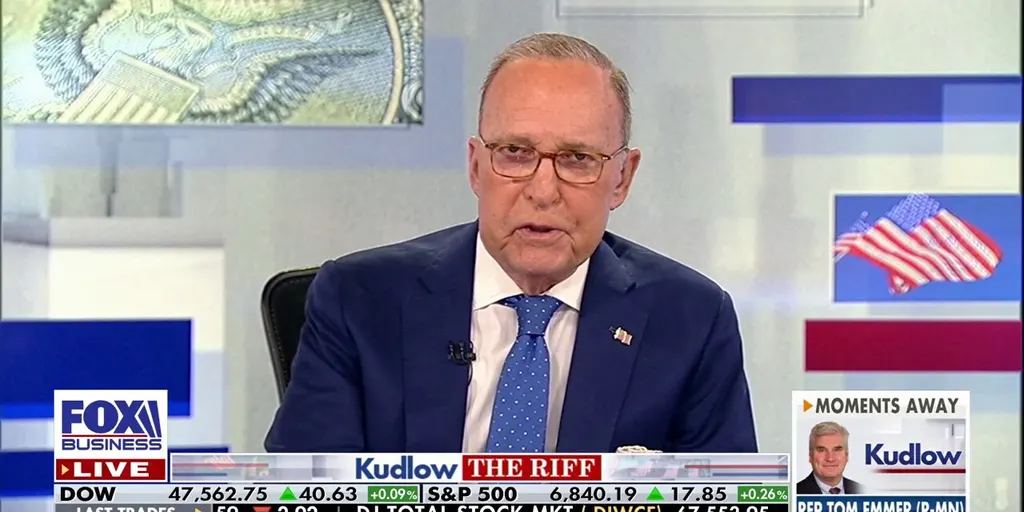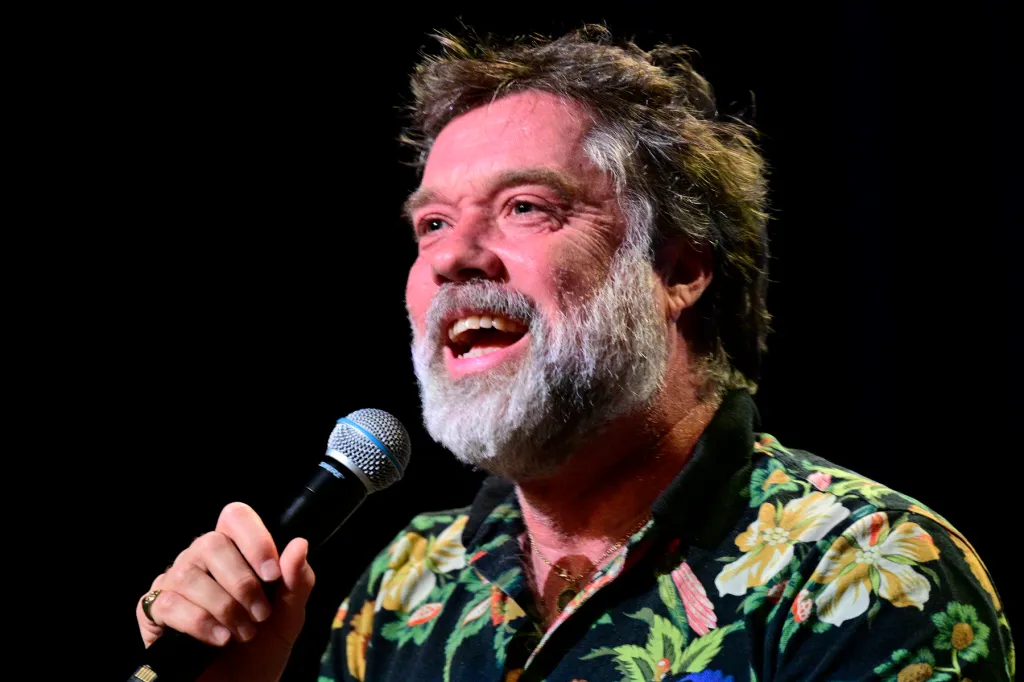Copyright tass

The main outcome of the talks, judging by public statements from Trump and US Treasury Secretary Scott Bessent, is the partial lifting of some existing tariff restrictions and initial agreements on supplying Chinese rare-earth metals to the US without tighter export controls. A comprehensive agreement between the US and China is unlikely at this stage, Pavel Koshkin, senior researcher at the Russian Academy of Sciences’ Institute for US and Canadian Studies, told Vedomosti. Given the scale of the two economies, negotiations between their leaders always attract attention but do not guarantee quick results, he said. Koshkin did not rule out that their pace and effectiveness may depend on parallel topics, including the situation in Ukraine. This round of talks stood out from previous ones as China cautiously confirmed achieving certain results, said Maxim Cherkashin, researcher at the Center for North American Studies at the Russian Academy of Sciences’ Institute of World Economy and International Relations. Given the difference in the cost of Chinese goods, the current concession on tariffs is mostly symbolic, he believes. So far, according to Cherkashin, the contrast with the Biden administration is evident, its representatives constantly talked about the need for dialogue, but all visits ended in empty rhetoric, while Trump genuinely seeks agreements. "Any agreements with the Americans tend to collapse under domestic political pressure as soon as their delegation returns to Washington. Currently, there is only a basic framework, with detailed talks still ahead," the expert noted. Key issues were not resolved at the talks in South Korea, senior research fellow at the Institute of China and Contemporary Asia of the Russian Academy of Sciences Yana Leksyutina told Vedomosti. It is hard to imagine their resolution in the future, given serious structural contradictions between the US and China due to entirely different models of economic development and trade policy. The analyst concurs that the agreements reached have an interim and strategic effect, while China may resume its legal mechanism of export control over rare-earths at any time. Previously, the deals reached by Trump and Xi were short-lived, and their first major agreement concluded in 2020 was never implemented, the expert pointed out. Izvestia: Why Kiev regime lost interest in Istanbul format Russia's proposals to Ukraine on humanitarian pauses and joint working groups remain valid, Russian Deputy Foreign Minister Mikhail Galuzin told Izvestia. Moscow is ready to discuss possible responses from Kiev, but it avoids direct dialogue, the diplomat noted. More than three months have passed since the last talks between Russia and Ukraine in Istanbul, and no new communication has been reported. Experts believe that such a format is no longer advantageous for Vladimir Zelensky. At the same time, according to them, negotiations on resolving the conflict have moved to the level of Russia and the United States. "Russia is open to a political and diplomatic settlement of the Ukrainian crisis and to continuing direct negotiations with representatives from Kiev. Turkish officials have repeatedly confirmed their willingness to continue providing the Istanbul venue for them. Thus, all the conditions for the continuation of the Istanbul track are in place. The only problem is Kiev's lack of political will," Galuzin said. There was an element of a PR stunt on the part of Ukraine in the early 2025 Istanbul talks, believes head of the Institute of Current International Issues at the Russian Foreign Ministry’s Diplomatic Academy Vadim Kozyulin. "It was important for Zelensky to show that Ukraine is ready for negotiations, that it puts forward its demands, and even Russia appeared to be accommodating. He played out this scenario. Now this process has become routine and less appealing to the media, so it has become less interesting for Kiev," the expert told Izvestia. Nevertheless, the Istanbul track allowed the parties to reach certain humanitarian agreements. In particular, on June 2, Kiev and Moscow agreed on the largest-ever exchange of the bodies of killed servicemen since the beginning of the conflict. As a result, by the end of October, Ukraine had received about 10,000 bodies, while Russia had received fewer than 200. The imbalances were enormous, Kozyulin stressed. The Ukrainian army is suffering much higher losses than the Russian army, and Kiev would rather hide such figures. As a result, the Istanbul format has become politically disadvantageous for Ukraine, the expert added. Initially, the return to the Istanbul negotiating format was due to Russia's military successes, as the West had to look for ways to save Ukraine, said Boris Martynov, professor at the Department of International Relations and Russia’s Foreign Policy at Moscow State Institute of International Relations (MGIMO University). Later, the dialogue on conflict settlement moved to the level of Russia and the United States, the expert added. Europe is actively trying to interfere in the negotiations, but it is unable to significantly change Washington's line. "No matter how Europe tries to interfere, this is no longer a subject of world politics, but a subject of American politics. The Europeans can act however they want, but they cannot avoid the fact that their policy is determined by Washington," Martynov pointed out. That said, in the event of greater pressure on Ukraine from the United States, the Istanbul format may resume, Kozyulin stressed. At least, according to the New York Times, during a meeting with Zelensky on October 17, that is, immediately after the conversation with Putin, Trump reportedly raised his voice against the Ukrainian leader, demanding that Kiev accept Russia's ceasefire conditions and warning of the consequences of refusal. The American leader often publicly calls to make concessions to the Russian Federation as well. Trump will continue to exert pressure, Kozyulin concluded. Izvestia: Russian presidential aide discusses NATO activity in Baltic Sea Russia is shaping the Navy’s new image, Russian Presidential Aide and Maritime Board chairman Nikolay Patrushev said during a visit to the Kaliningrad Region on the Baltic Sea. At a meeting with the regional governor and the presidential envoy to the Northwestern Federal District, he discussed countering NATO's attempts to limit Russian maritime traffic in the Baltic. To this end, new military vessels are being built for the Baltic Fleet. A special role is assigned to submarines equipped with hypersonic missiles, as well as aviation and drones. Sea routes are becoming Kaliningrad's main supply artery amid Lithuania's threats to block transit through its territory. Experts are confident that the provocations of the North Atlantic Alliance will continue, but NATO will not dare to completely block the Baltic Sea to Russian vessels. Western fleets are particularly concerned about Russian submarines, especially those armed with cruise and hypersonic missiles, as well as naval missile-carrying aircraft, Yury Zverev, director of the Center for Overseas Studies at Immanuel Kant Baltic Federal University, told Izvestia. "We need to actively develop our own naval drones, surface, underwater and aerial, of various types and purposes (including assault ones) and enhance the means of countering enemy drones. We must improve capabilities in naval mine warfare and mine defense," the expert emphasized. Zverev noted that the United Kingdom is the most active among NATO members in the Baltic (it heads the Joint Expeditionary Force and the multinational NATO Combat Group in Estonia). Canada is also showing notable enthusiasm, leading the multinational NATO brigade operating in Latvia and the United States with other troops stationed in Poland (more than 10,000 in total) and rotating units in Latvia and Estonia. Despite their limited capabilities, the Baltic countries are also active on this track. NATO’s strategic goal is to push Russia out of the Baltic region, Natalya Yeremina, a professor at St. Petersburg State University, said in a comment to Izvestia. "They are pursuing this objective by staging provocations and accusing Russia of sabotage," the political scientist stressed. In her opinion, such attempts will become more frequent. But NATO will not be able to completely block the Baltic Sea to Russia, since such an act would mean a declaration of war. Without full support from the United States, it is unlikely that any country in the alliance would dare to take such responsibility. Media: Lukoil to sell foreign assets to friendly trader The buyer of Lukoil’s foreign assets will be the international commodity trader Gunvor, a company founded in the late 1990s by Gennady Timchenko. The parties agreed on all the terms of the deal in advance and are now awaiting approval from the US Treasury’s Office of Foreign Assets Control (OFAC). Industry experts believe that the discount will not be as large as in the case of alternative buyers "mandated" by Western governments. In general, experts polled by Izvestia believe that the conclusion of such an agreement may be historic and demonstrate the possibilities of restructuring large Russian capital and monetizing assets that could be frozen or withdrawn. According to Dmitry Kasatkin, a managing partner at Kasatkin Consulting, even though Gunvor does not focus on mining, refining and retail, it has significant expertise and resources in international energy markets. "The most important criteria for a buyer is the ability to ensure business continuity, prevent a drop in efficiency and have sufficient working capital to do so. Of course, understanding Lukoil's business while working on transactions with Russian oil products plays a special role," the expert told Izvestia. Dmitry Gusev, deputy chairman of the supervisory board at the Reliable Partner association of energy producers and suppliers, added that in general, the system of international traders was built to operate under sanctions regimes. "Moreover, over the past decades, all international traders who started out as oil companies have accumulated quite a lot of funds and expanded their interests far beyond oil, including into various producing assets. And, as practice has shown, they are able to manage these assets effectively. Lukoil has found an adequate counterparty," he told Izvestia. In a conversation with Kommersant, Kirill Bakhtin from BCS - World of Investments noted that Lukoil planned for US sanctions in advance as it announced the deal on short notice. The expert noted that including Lukoil’s foreign assets in Gunvor’s portfolio appears logical. As for production and refining assets, the conclusion of service contracts is possible as well, he believes. TASS is not responsible for the material quoted in these press reviews



